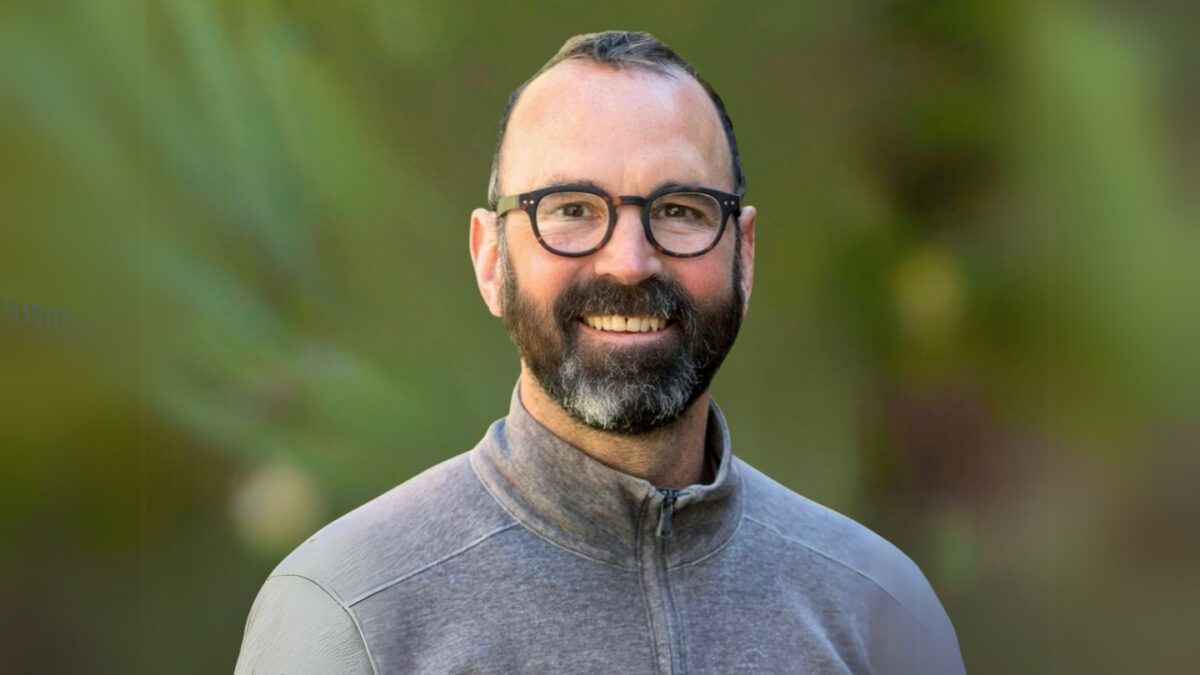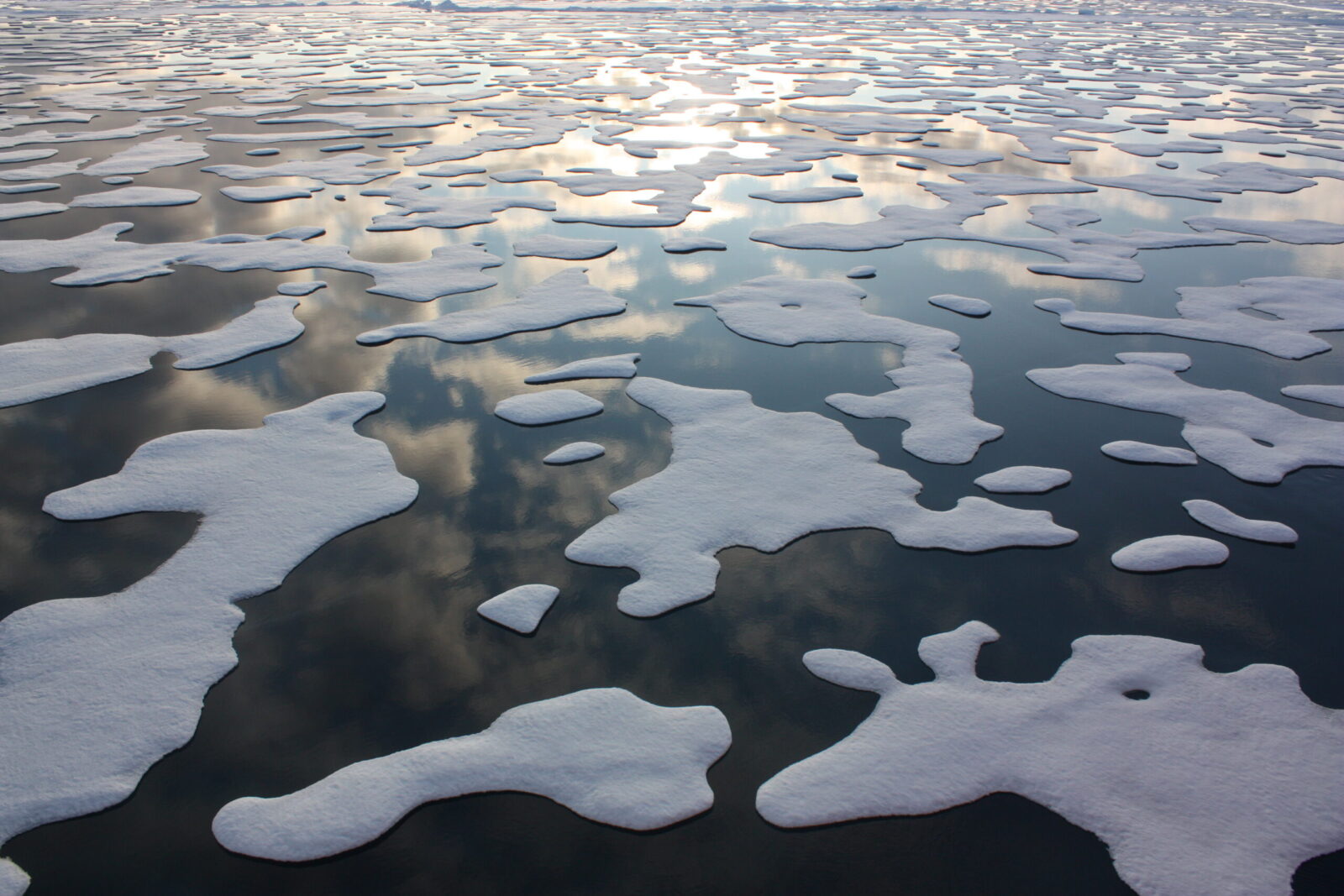
A new vision for climate science and society
Alex Hall, new director of the Institute of the Environment and Sustainability, explains how the response to LA’s recent fires are part of a larger push to change our world


Alex Hall, new director of the Institute of the Environment and Sustainability, explains how the response to LA’s recent fires are part of a larger push to change our world

Three UCLA professors contributed to the Fifth National Climate Assessment, a report emphasizing the pervasive and inequitable nationwide harms of climate change, which was released by the White House on Tuesday. Co-authors…

UCLA study narrows the predicted timeframe for one worrying result of climate change

The California Climate Expedition is a 550-mile bike tour from Oakland to Los Angeles
NEWS
Headline
UCLA climate scientists Daniel Swain and Alex Hall were both quoted in a recent article by The New York Times. They discuss what an El Niño winter could mean for California. “This is likely to…
Headline
Professor Alex Hall’s work with native plants is in full bloom, with a weekend tour and podcast
Headline
And, as Alex Hall, the director of the Center for Climate Science at the University of California, Los Angeles, pointed out to me, disputes over the dwindling Colorado River still…
Headline
“It’s sort of like if you are deep in debt,” said Alex Hall, the director of the Center for Climate Science at U.C.L.A. Suddenly encountering a lot of cash “might…
Headline
”We are on the express train for sure. It’s been storm after storm. But they’re very important, the main source of moisture for the western part of the US especially…
Headline
These wet-air rivers are “the main source for moisture for the western part of the U.S., especially the coastal states,” Alex Hall, UCLA’s Center for Climate Science director, told CBS.